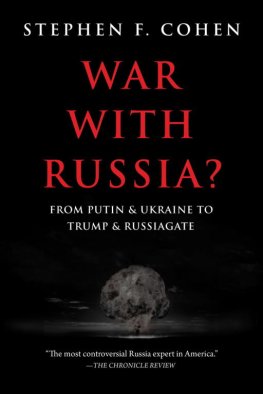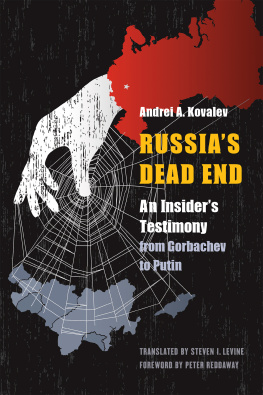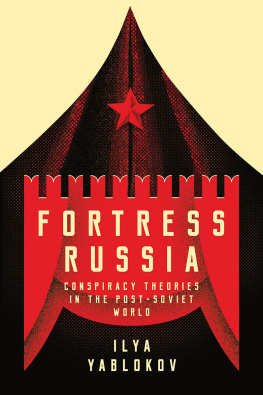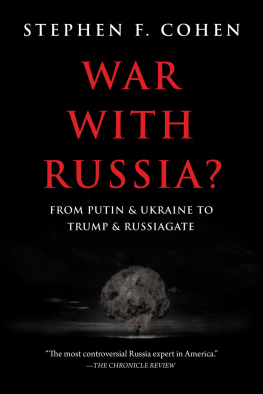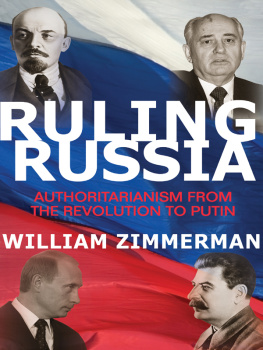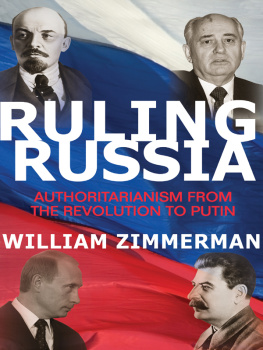YOUTH POLITICS IN PUTINS RUSSIA
Youth Politics
IN PUTINS RUSSIA
Producing Patriots and Entrepreneurs
Julie Hemment

This book is a publication of
INDIANA UNIVERSITY PRESS
Office of Scholarly Publishing
Herman B Wells Library 350
1320 East 10th Street
Bloomington, Indiana 47405 USA
iupress.indiana.edu
2015 by Julie Hemment
All rights reserved
No part of this book may be reproduced or utilized in any form or by any means, electronic or mechanical, including photocopying and recording, or by any information storage and retrieval system, without permission in writing from the publisher. The Association of American University Presses Resolution on Permissions constitutes the only exception to this prohibition.
The paper used in this publication meets the minimum requirements of the American National Standard for Information SciencesPermanence of Paper for Printed Library Materials, ANSI Z39.481992.
Manufactured in the United States of America
Library of Congress Cataloging-in-Publication Data
Hemment, Julie.
Youth politics in Putins Russia : producing patriots and entrepreneurs / Julie Hemment.
pages cm
Includes bibliographical references.
ISBN 978-0-253-01772-7 (cl : alk. paper) ISBN 978-0-253-01779-6 (pb : alk. paper) ISBN 978-0-253-01781-9 (eb) 1. Youth Political activity Russia (Federation) 2. Youth Government policy Russia (Federation) 3. Youth Social conditions Russia (Federation) 4. Post-communism Social aspects Russia (Federation) 5. Putin, Vladimir Vladimirovich, 1952- I. Title.
HQ799.R9H46 2015
305.2350947 dc23
2015010639
1 2 3 4 5 17 16 15 14 13 12
For
VALENTINA AND HER STUDENTS
CONTENTS
ACKNOWLEDGMENTS
I HAVE INCURRED NUMEROUS DEBTS OF GRATITUDE IN THE course of this book project.
Id like to first express my deepest gratitude to my friends and colleagues in Tver Valentina Uspenskaya, Dmitry Borodin, and other colleagues associated with the Center for Womens History and Gender Studies at Tver State University, and of course the members of the student research team. The opportunity to work with you so closely for this long has been so very enriching and inspiring. I am appreciative of the support of other administrators, faculty, and staff at Tver State University, and to the local officials, activists, and young people who participated in our research and generously shared their time with us. Thanks to Grigory Uspensky and the rest of the Uspensky family for their hospitality and friendship over the years, and to Oktiabrina Cheremovskaia and family also.
I am lucky to have been supported by grants from a number of institutions. I am grateful to the Marion and Jasper Whiting Foundation and the Provosts Committee on Service Learning at the University of Massachusetts, which provided seed money to get this project started. A short-term fellowship at the Kennan Institute enabled me to begin library-based research on youth voluntarism during the summer of 2006. A National Research grant from the National Council for Eurasian and East European Research (NCEEER) and a short-term travel grant from the International Research and Exchanges Board (IREX) both funded by the State Department through the Title VIII Program supported the pilot study I undertook in the fall of 2006. Research between 2008 and 2011 was supported by a multiyear award from the National Science Foundation and IREX. A second NCEEER award enabled me to devote myself to writing.
This work has been intellectually nourished and sustained by the input of many friends and colleagues.
I would like to express my appreciation to my wonderful departmental colleagues for their support of this project as well as for tolerating and supporting my absences. Thanks especially to Jackie Urla, Betsy Krause, Krista Harper, Elizabeth Chilton, Lynnette Sievert, Art Keene, Tom Leatherman, and Bob Paynter. A fellowship from the Center for Research on Families at UMass was a terrific boost at a crucial project-incubating moment. Thanks to Sally Powers and Wendy Varner for sharing their grant-writing expertise and for being the warmest and most generous of colleagues.
For their feedback at various stages of this project, including project conceptualization, seeking funds, and considering publishing strategies, Id like to thank Michele Rivkin-Fish, Stephen Jones, Kristen Ghodsee, James Richter, David Ost, Olga Shevchenko, and Nancy Ries. The opportunity to workshop my chapters with my local writers group friends was one of this projects greatest blessings: Barbara Yngvesson, Michelle Bigenho, Joshua Roth, and Beth Notar, thank you for your generosity, encouragement, and perceptive comments and some great meals. For their thoughtful input on draft chapters, thanks to Suvi Salmenniemi, Ruth Mandel, Jussi Lassila, James Richter, and Jen Sandler. Special thanks are due to Michele Rivkin-Fish, for her support, friendship, and intellectual generosity through all stages of this project. Michele, I owe you so much, especially for your generous support in the latter phases of writing. Your questions, prompts, and insights on my writing have enriched this book immensely.
I am grateful for the many invitations I have received to present on this material.
The Kennan Institute Workshop International Development Assistance in Post-Soviet Space, organized by Ruth Mandel, proved a fruitful site from which to launch this project. The month I spent in Helsinki as a visiting fellow at the Aleksanteri Institute for Russian Studies (July 2009) enabled me to share my preliminary findings at a crucial point in my research. Between 2009 and 2013 I made a number of presentations: to the Seminar in Gender and Transitions at New York University, to the Five Colleges Seminar in Slavic Studies, and at Binghamton University, Glasgow University, Williams College, and the Havighurst Center for Russian and Post-Soviet Studies at Miami University, Ohio. Thanks to Chris Thornhill, Gulnaz Sharafutdinova, Janet Johnson, Sergey Glebov, Sidney Dement, and Olga Shevchenko for extending these invitations and putting me into dialogue with your wonderful colleagues. This interdisciplinary input greatly assisted me as I struggled to make sense of Russias fast-changing political field and helped me craft my chapters.
The opportunity to discuss questions of ethics and the politics of representation with colleagues associated with the Laboratory for Transformative Practice at UMass in the latter phases of my research was very much valued. Thanks to Sonya Atalay, Jane Anderson, Jackie Urla, and other lab participants. My participation in the Mellon-LASA workshop On Protest pushed me to new insights and was tremendously intellectually stimulating. Thanks to Sonia Alvarez, Barbara Cruikshank, Millie Thayer, and other colleagues associated with this project for inviting me.
The highlight of the writing process was a book workshop dedicated to discussion of my draft manuscript, held in the summer of 2014. Tom Leatherman and Bob Paynter, thanks for encouraging and supporting this workshop strategy; Olga Shevchenko, Doug Rogers, and Barbara Yngvesson, I owe you eternal gratitude for participating in it. Your critical observations and perceptive comments, at the levels of both the big picture and the precise and meticulous, helped me tighten my analysis and bring the book to conclusion. Both your insights and your generosity which extended to reading revised sections of my chapters over the summer made a deep impression and remain with me.
Next page

